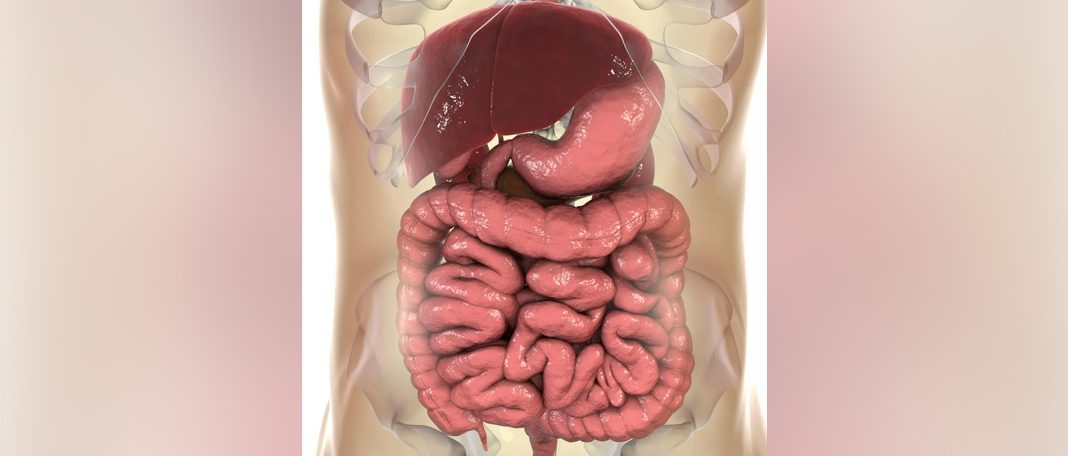Ulcerative colitis is an inflammatory bowel disease that causes irritation, inflammation and ulcers in the lining of the large intestine. This disease can lead to life-threatening complications. Ulcerative colitis is caused by many symptoms. But researchers say it’s mainly the result of an overactive immune response. Read on to know more about ulcerative colitis causes and symptoms.
Symptoms of Ulcerative Colitis
There are various symptoms of ulcerative colitis. Here we’ve listed a few colitis symptoms-
- Sudden urges to poop
- Not feeling hungry
- Severe cramping
- Fever
- Mouth sores
- Skin rashes
- Liver disease
- Red, painful eyes
- Tiredness
- Weight loss
- Anemia
Causes of ulcerative colitis
Ulcerative occurs when your body’s immune system doesn’t work properly. The immune system is responsible for defending against various infections and illnesses. It is unclear what exactly causes ulcerative colitis. But researchers believe that one of the following things might trigger it-
Emotional Stress– Psychological stress can be responsible for triggering-up symptoms. However there is no proper evidence for stress, anxiety or tension causes ulcerative colitis.
Antibiotics– Antibiotics, especially with a greater spectrum of microbial coverage can cause ulcerative colitis.
NSAID use– NSAID can lead to ulcerative colitis resembling inflammatory bowel disease (IBD).
Genes– You might get ulcerative colitis from your gene. Researchers found that some abnormal genes in some ulcerative colitis affected patients.
Immune system– Infections in the immune system leads to colon inflammation that causes ulcerative colitis.
Environment– A germ or virus in the environment might raise the chances of getting ulcerative colitis.
Types of Ulcerative Colitis
There are four types of ulcerative colitis. The types include-
Ulcerative Proctitis– This is the mild form of ulcerative proctitis. It consists of fine ulcerations in the inner mucosal lining of the large intestine.
Proctosigmoiditis– It is a result of chronic inflammation in the colon. Proctosigmoiditis affects the rectum and sigmoid colon.
Left-sided Colitis– As the name says, left-sided colitis affects the left side of the colon. Bloody diarrhea, abdominal pain and cramps are the main symptoms of left-sided colitis.
Pancolitis– This type causes inflammation in the entire colon. This is the most common cause of ulcerative proctitis.
When to consult a doctor?
Seek immediate medical attention if you experience the following symptoms –
- Blood in your stool
- Severe abdominal pain
- Ongoing diarrhea
- Fever lasting for more than two days
Ulcerative colitis has no cure, but certain treatments can reduce the signs and symptoms of the treatment. Endoscopic procedures are one of the best ways to diagnose ulcerative colitis. Other procedures such as blood tests, stools tests are also used to diagnose ulcerative colitis.

















